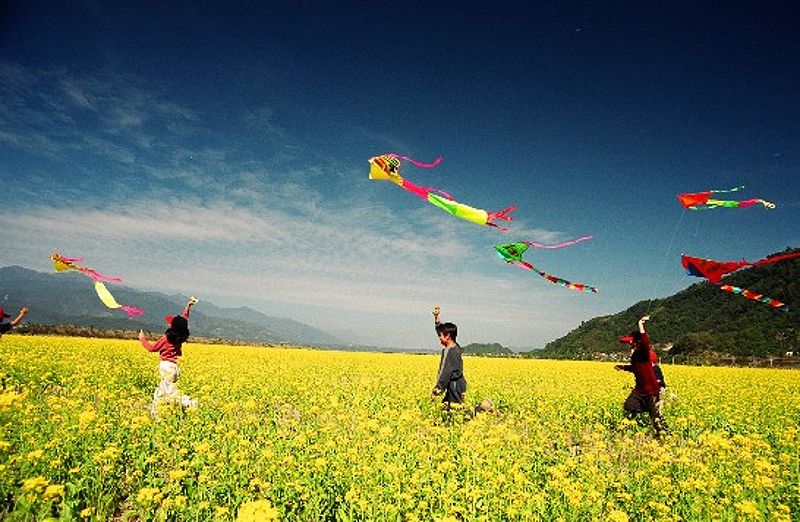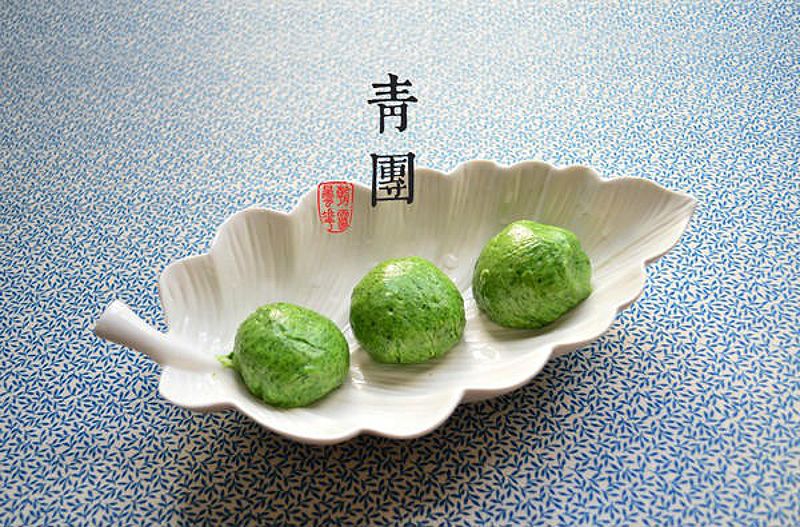Learn about the origins and customs of Qingming Festival, also known as Tomb-Sweeping Day, where Chinese people honor their ancestors and embrace the arrival of spring.
The Origins of Qingming Festival
The origins of Qingming Festival can be traced back to the Cold Food Festival, also known as Hanshi Jie. It was a memorial to Jie Zitui, a loyal retainer of Duke Wen of Jin during the Spring and Autumn Period (770-476 BC).
Jie showed his loyalty to Duke Wen by cutting his own flesh to prepare a meat soup when they had nothing else to eat. After Duke Wen came into power, Jie chose to retire and live as a recluse in the woods. Duke Wen wanted to seek his advice but had trouble finding him.
One of his retainers suggested setting a fire to force Jie out, which unfortunately resulted in Jie and his mother's death. Duke Wen discovered a poem written in Jie's blood on a willow tree near the site of the tragedy. The poem expressed Jie's loyalty and his wish for Duke Wen to become a wise and sagacious emperor.
Overcome with remorse, Duke Wen ordered three days without fire to honor Jie, and the day of his death was named Hanshi. The following year, Duke Wen visited Jie's grave with his retainers and was delighted to find that the willow tree was still thriving. He named it the "Qingming willow," and the day after Hanshi became known as the "Hanshi Qingming Festival." Eventually, the festival evolved into a day to honor deceased ancestors during the Tang Dynasty.
The Qingming Festival Traditions
One of the most famous depictions of the Qingming Festival is the painting "Along the River During the Qingming Festival" by Zhang Zeduan, an artist from the Song Dynasty. This panoramic artwork captures the bustling scene of people in the Song capital city of Bianjing (modern-day Kaifeng, Henan Province).
The main activity during Qingming is tomb sweeping. People typically visit their family cemeteries and offer food, flowers, and favorite items of the deceased. If permitted by cemetery regulations, they may burn paper money and incense in front of the tombstone.
Flying kites is another popular activity during the festival. According to ancient beliefs, the gates of hell are open on Qingming, allowing people to send their greetings to the departed through kites. Nowadays, people release their kites, hoping for good luck in the new year.
Traditionally, Qingming is a day when people refrain from lighting fires or cooking. Instead, they consume only cold food. In the northern regions of China, precooked cold dishes like jujube cakes and barley cakes are enjoyed. In the southern regions, common refreshments include qingtuan (green rice balls made of rice flour and wormwood juice) and sweet-scented sugar lotus root stuffed with sticky rice.
The Significance of Qingming Festival
Qingming Festival holds great cultural significance in China as a time for honoring ancestors and embracing the arrival of spring. It is a day for reflection, remembrance, and connecting with one's roots.
During this festival, Chinese people visit the graves of their ancestors, burn offerings to honor the deceased, and enjoy outings to appreciate the beauty of spring.
Qingming Festival also marks the transition from winter to spring, making it an ideal time for outings and planting seeds.






